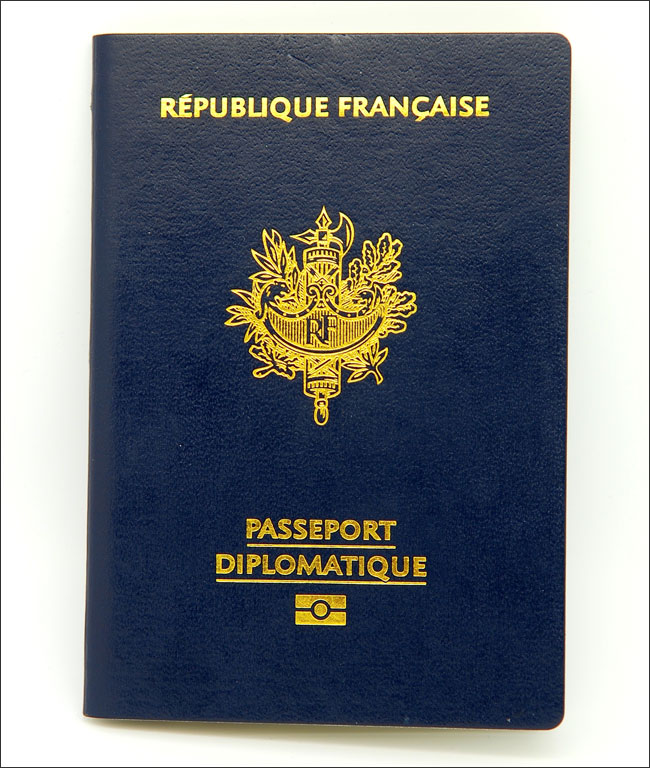French, “dead language” of the ESDP?
(BRUXELLES2) As the European Summit comes to an end, the French presidency will no doubt boast of a success in terms of defence. And the results are indeed good. But there is a subject on which its passage will have been useless: that of language... The linguistic working rules in the European Security and Defense Policy (ESDP) continue not to be respected.
Let's be clear ! Apart from the General Secretariat of the Council of the EU, which scrupulously respects the equality between working languages (French and English at least), in most of the other ESDP agencies and missions, English is not only the majority but sometimes the only language spoken.
We can understand it when a mission takes place in English-speaking territory such as in Iraq or Palestine. And yet… It is much more difficult to explain for the agencies – like the Satellite Center based in Spain, the Institute for Security Studies based in Paris. The pinnacle is reached at the European Defense Agency, based in Brussels, where all communications are conducted in English. Which is totally abnormal for an Agency which is made up of 26 Member States.
Express yourself in French – by email or orally – is not only “frowned upon” but impossible. An anecdote. I was invited – along with two other journalist colleagues, to talk about our "media" experience in front of certain press officers (PPIO) from European missions and the Ministries of Defense of the Member States. My Polish colleague announces that she prefers to express herself… in French. Silence in the room. Then gestures of denial from two people who say “no no”. Explanation: they do not understand a word of French. Result: everyone speaks English.
This practice is harmful therefore for the plurality of cultures. It is unbalanced but totally illegal, and in flagrant contradiction with the basic European principle of non-discrimination, which implies (in particular) that each citizen can express himself before a Community institution or agency in his language and receive an answer. NB: In order not to increase the burden for certain organizations, it has been agreed for years that English, French and German will be "working languages" at the European Commission (which manages humanitarian aid and civil security). English and French are working languages at the Council of the European Union (which no longer manages the ESDP). Today it must be noted, it is English. And that's all.
And this trend is not about to end... In most of the recruitments carried out, excellent English is required, and very rarely to speak French (while in most community competitions, except in the case of post-related exceptions, the two languages are alternatives, one or the other ). If from an efficiency point of view, it is logical for a European body to require a single language, it must be recognized that this gives a clear advantage to the British, and to English speakers.
Clear discrimination. Forcing to speak English in one's work seems logical, forcing to speak English to be recruited is abnormal (1). Again, this practice seems to me not only unbalanced but discriminatory and illegal. I will not bet many kopeks on the regularity of the competition if a complaint is filed in the European Court of Justice. It's a safe bet that this one has to be cancelled.
The Court did not comment directly on this issue. On the other hand, it recognized the right of candidates taking part in a competition run by an agency, which had limited recruitment to two spoken languages, to file a complaint (on the other hand, it rejected Spain's complaint, as a State because he could not attack on a general legal basis, judgment of March 15, 2005, Spain / Eurojust, C-160 / 03). More recently, it canceled a recruitment from Olaf, just because it had not published its opinion in all the Community languages (judgment of 20 November 2008, Spain v Commission, T-185 / 05)
(NGV)
(1) One can also wonder if it is a practical question why European bodies do not provide language training for people who do not speak the language concerned.


I completely share your opinion on the need to maintain at least two languages as official languages, pledge, as you say, of the plurality of cultures, necessary in the elaboration of the decisions of the bodies of the European Commission.
BC
But where did the "lingua franca" pass, which means that the mottos of the Crown of England are in French 🙁
To note the article on the “linguistic imperialism” of the wiki which takes again some basics of the problems.